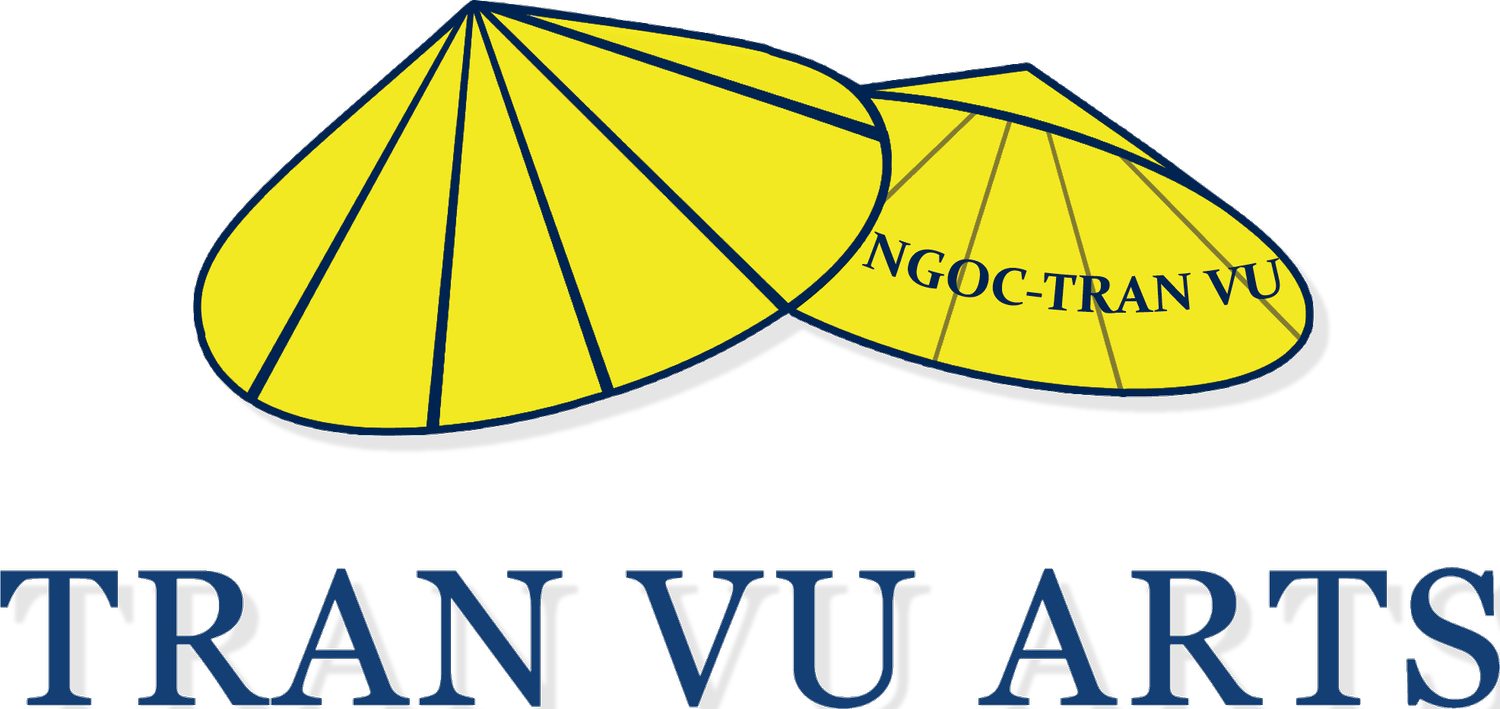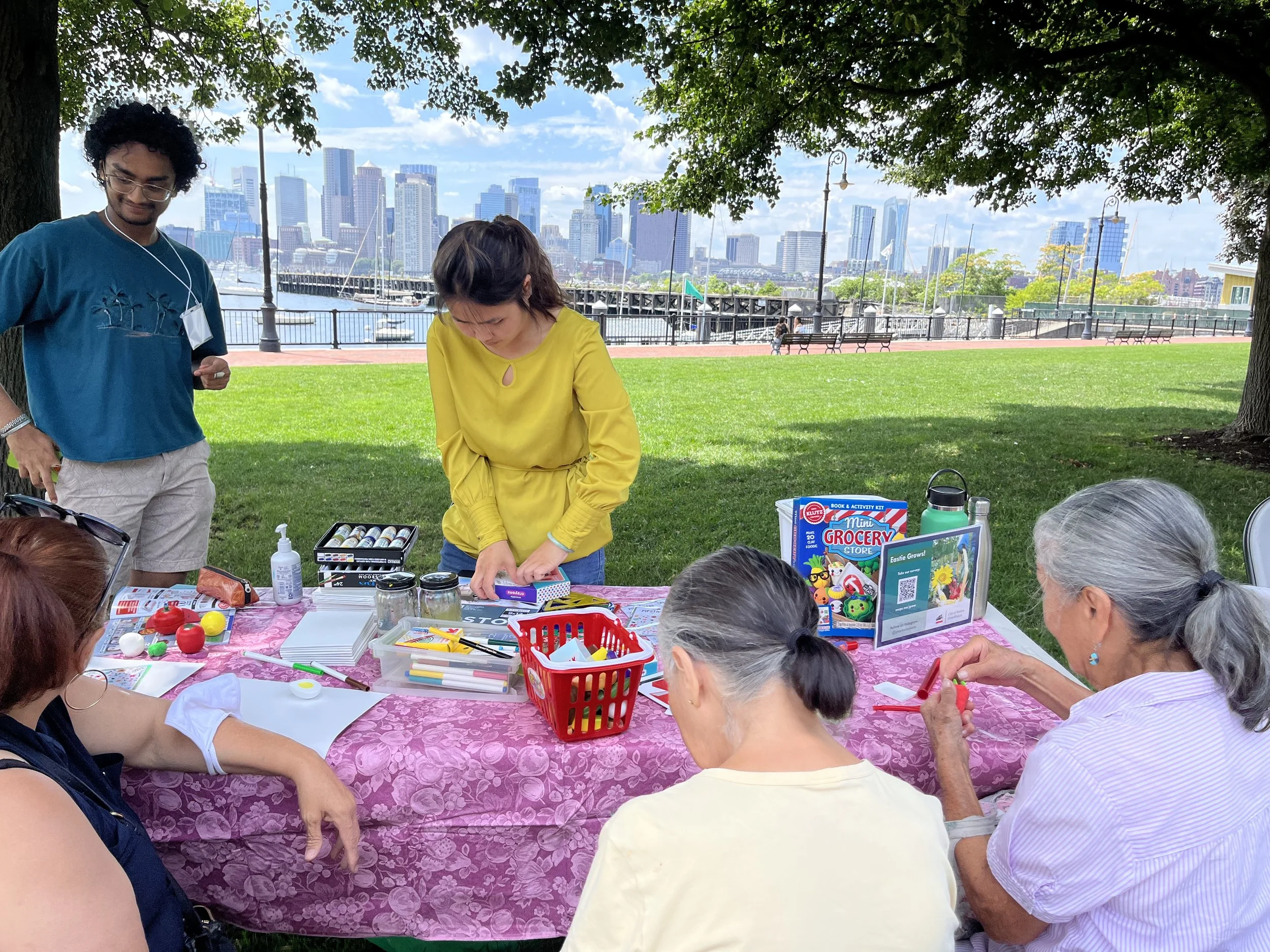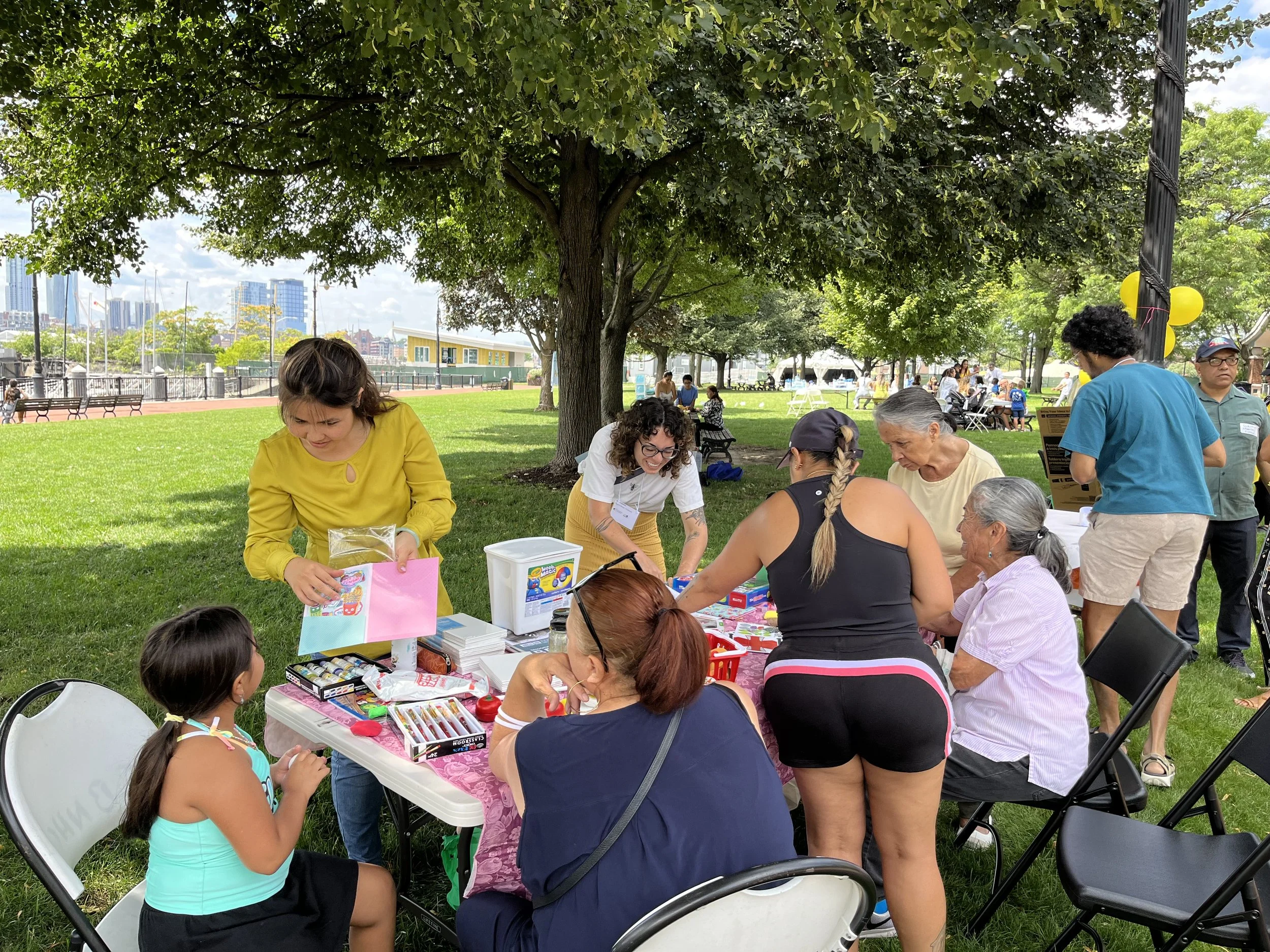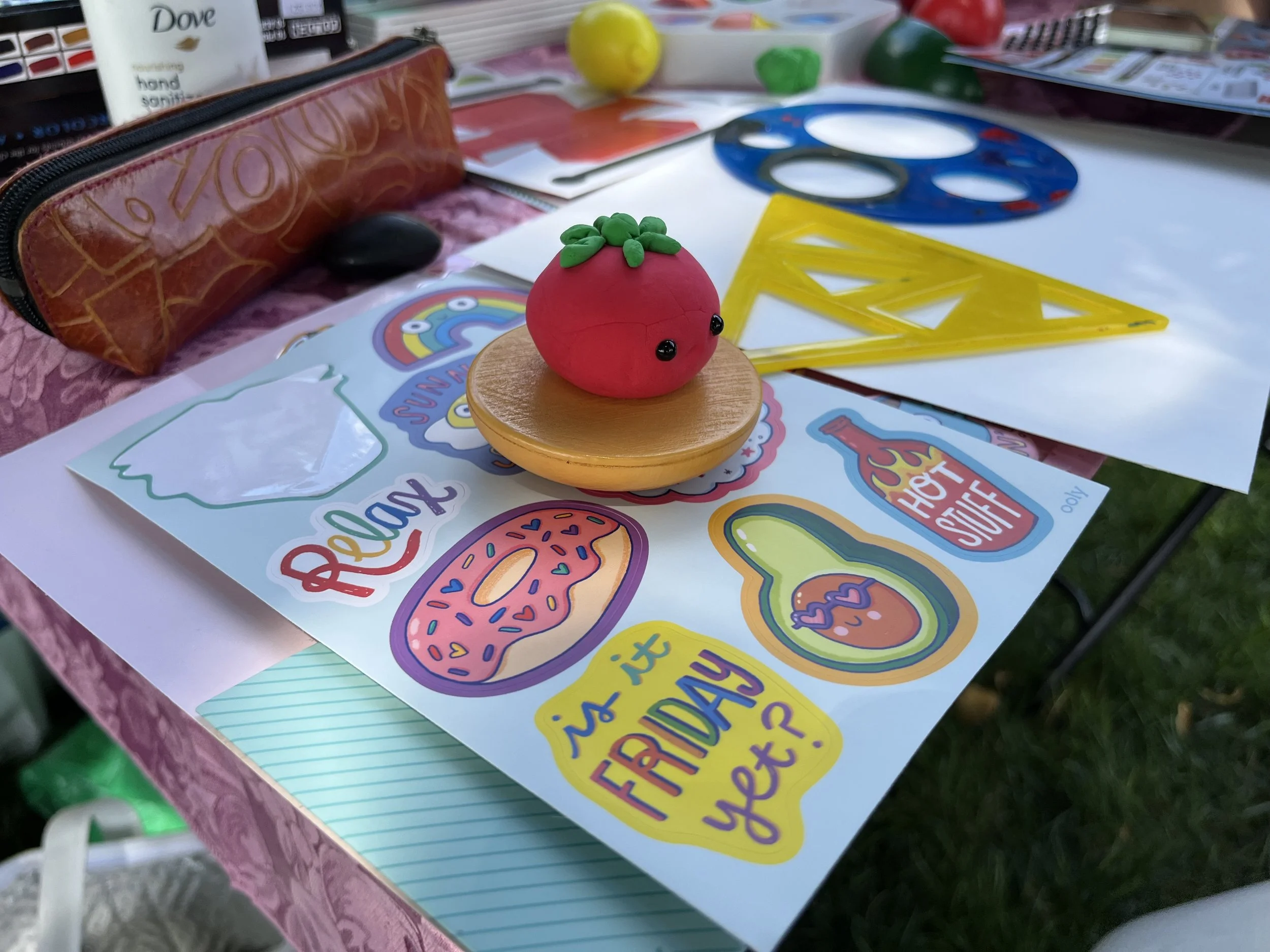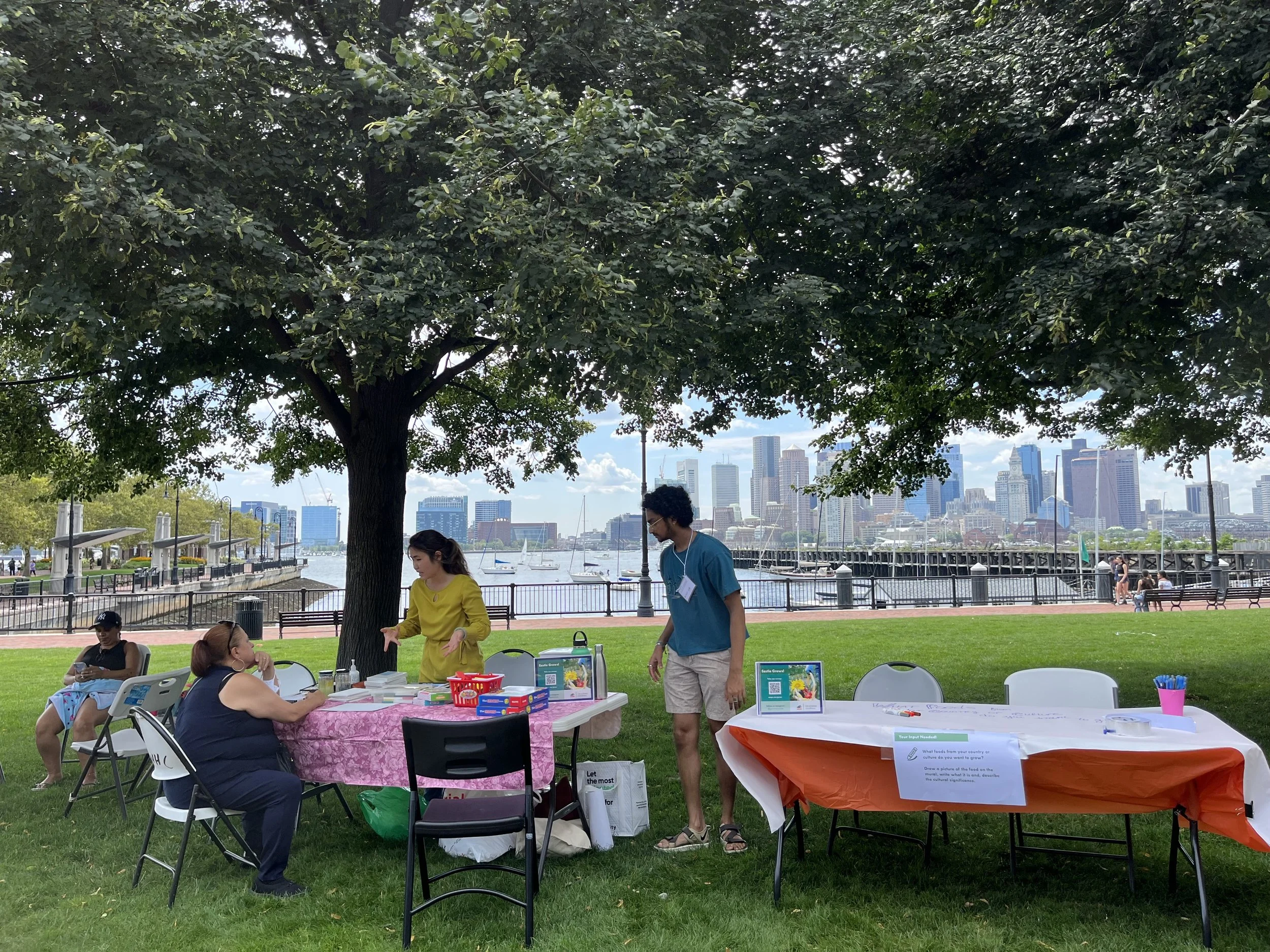Reflecting on "Second Lives": Cultivating Community Through Participatory Cultural Storytelling Through the Visuals
In August and September of 2023, I led a series of community activations called "Second Lives" at neighborhood farmers' markets and community spaces across Roxbury, Dorchester, Mattapan, and East Boston. This initiative was part of a broader project aimed at enhancing urban agriculture—a collaboration between MAPC, GrowBoston, and the Urban Farming Institute (UFI), under the umbrella of the Boston Urban Agriculture Strategy.
The focus of "Second Lives" was to weave the resilience and ingenuity of immigrants and refugees into the fabric of urban agriculture, showcasing how growing food is a powerful act of cultural expression and environmental adaptation. Each event I hosted offered a blend of art-making and storytelling, where community members were invited to share their experiences and perspectives through creative expressions.
Photo: MAPC Staff
The series unfolded within the framework of the Boston Urban Agriculture Strategy, which is dedicated to increasing urban food production and developing agriculture strategies in collaboration with Boston residents. The neighborhoods of Roxbury, Dorchester, Mattapan, and East Boston were specifically chosen for their vibrant communities and the opportunity to engage deeply with residents in areas that have been historically underinvested in.
Throughout the summer, I worked with the Neighborhood Committees to co-design these community events, ensuring that each gathering reflected the unique needs and aspirations of the local communities. The active participation and enthusiasm at these events were a testament to the community's vested interest in reclaiming and revitalizing their local environments through agriculture and art.
Reflecting on these unique gatherings, it's clear that "Second Lives" did more than just facilitate discussions—it sparked a communal spirit of empowerment and engagement. The project not only highlighted the environmental benefits of urban agriculture but also celebrated the cultural richness that thrives when communities come together to share their stories and harvests.
Photo: Staff
As we look to the future, the lessons and successes of "Second Lives" underscore the importance of community-driven initiatives in urban agriculture. By continuing to engage with and listening to the voices of those in Roxbury, Dorchester, Mattapan, and East Boston, we can nurture a greener, more inclusive urban landscape. I am grateful to have been a part of this transformative process and excited to see how these seeds of change will continue to grow in Boston and beyond.
